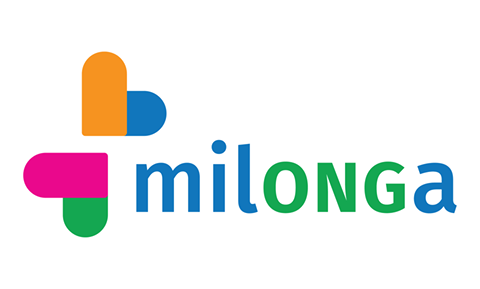 Thousands of young people are preparing for the Genfest by seizing opportunities to promote universal brotherhood across the globe. Not as noisy as the wars and bombings, less worth it for the crime channels, but factual and quite effective when it comes to building a world without barbed wire borders, hatred and indifference.
Thousands of young people are preparing for the Genfest by seizing opportunities to promote universal brotherhood across the globe. Not as noisy as the wars and bombings, less worth it for the crime channels, but factual and quite effective when it comes to building a world without barbed wire borders, hatred and indifference.
It’s the MILONGA Project, not a place for dancing the tango, but an international volunteer programme that does have some similarities with the Latin American dance style known as tango: with its fast pace, its warmth and generous spirit.
This communication network connects thousands of social projects around the world. It’s known as the MILONGA Project. MILONGA is an acronym formed by the Italian words for: a thousand non-governmental organizations in action (www.milongaproject.org) that are all inspired by the Focolare’s charism of unity. The young men and women who belong to the project not only volunteer, but also expand their hearts as they open themselves to the rich cultures of other countries. Promoted by the International New Humanity Association and by Youth for a United world, the MILONGA Project went through a pilot phase in Latin America (Argentina, Bolivia, Brazil, Mexico, Paraguay, Venezuela and Uruguay). Now, it is also active in Italy, Croatia Jordan, Philippines, Kenya and Tanzania.
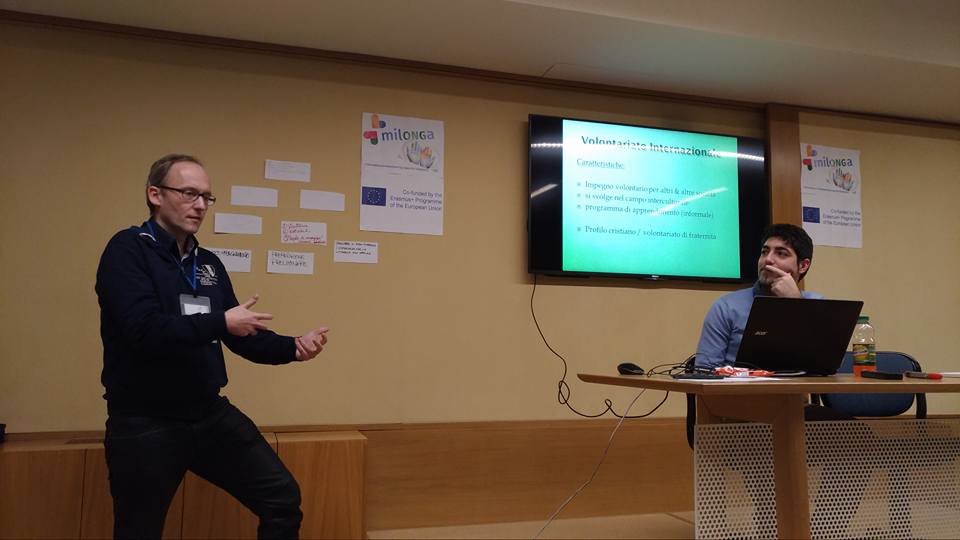 On August 5th, representatives from the Focolare’s permanent Mariapolises around the world, and representatives from various NGOs, met for one week at the Mariapolis in Brazil to discuss strategies for further network development, examining strategic and management aspects of the program, selection and accompaniment, monitoring and reception of participants into the project; and also to offer a quality formation process that will have a positive impact on both the individual volunteers and on the host communities. Sixty young people who participated in the pilot projects will now have the opportunity to fulfil their dream of volunteering beyond their own borders.
On August 5th, representatives from the Focolare’s permanent Mariapolises around the world, and representatives from various NGOs, met for one week at the Mariapolis in Brazil to discuss strategies for further network development, examining strategic and management aspects of the program, selection and accompaniment, monitoring and reception of participants into the project; and also to offer a quality formation process that will have a positive impact on both the individual volunteers and on the host communities. Sixty young people who participated in the pilot projects will now have the opportunity to fulfil their dream of volunteering beyond their own borders.
MILONGA provides training in preparation for the arrival in the host country, with an indvidualized training program for each volunteer, as well as for the host entity in the other country. It provides a trainer that accompanies the young person through every phase of the experience – training, stay and return to one’s own country. It also ensures that the young person will be welcomed by the local Mariapolis and Focolare community and have a direct experience of the local environment. Each participant has an opportunity to interact with peers on an international level by linking up with the United World Project.
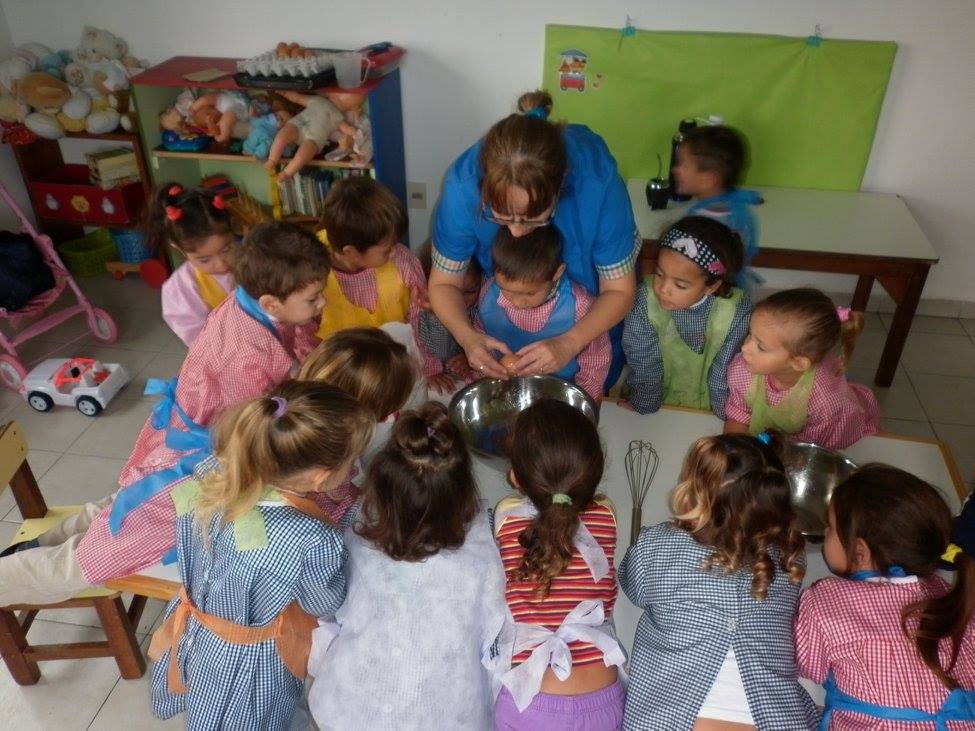 MILONGA’s method emerges from an experience that has matured over years, and from the impact that the volunteer experience is having in a variety of settings. It is a rather unique style of social action, in which the fraternal bond among the different actors is the main key. Fraternity is also the key in motivating the encounter of the different communities in vulnerable situations, to bring about an experience of communion with the volunteers, and experience of dialogue and real intercultural exchange, in order to discover together solutions that do not come from above, but are as much as possible shared in a reciprocal way.
MILONGA’s method emerges from an experience that has matured over years, and from the impact that the volunteer experience is having in a variety of settings. It is a rather unique style of social action, in which the fraternal bond among the different actors is the main key. Fraternity is also the key in motivating the encounter of the different communities in vulnerable situations, to bring about an experience of communion with the volunteers, and experience of dialogue and real intercultural exchange, in order to discover together solutions that do not come from above, but are as much as possible shared in a reciprocal way.
“It’s not so easy to put into a few words what I experienced for a month at the Casa de los Niños (Children’s Home) in Cochabamba,” says an Uruguayan volunteer at an NGO in Bolivia. “After New Year’s I was headed for an adventure that I had been thinking about for some time, saving money and getting my heart ready. I wanted to go with an NGO that had the Focolare spirit, and I was surprised by the brotherhood I experienced throughout every moment.” “I got to know a social reality that is very different from the one we live,” says a young Spanish volunteer, “a very powerful reality that helped me, not so much to be aware of certain problems, because perhaps I already had some knowledge of them, but to recognize and accept the fact that beyond where we come from, how much money we have, where we live – we’re all equal and the same.”


 Italiano
Italiano Español
Español Français
Français Português
Português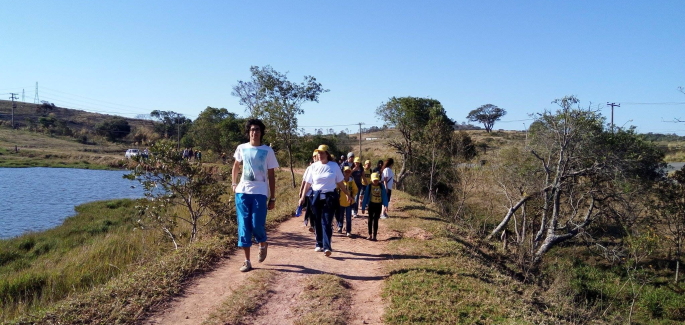
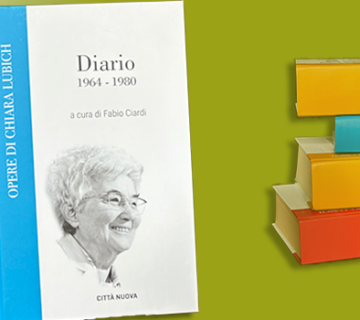
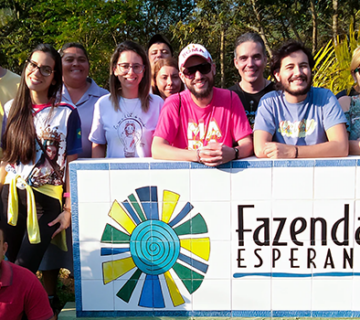
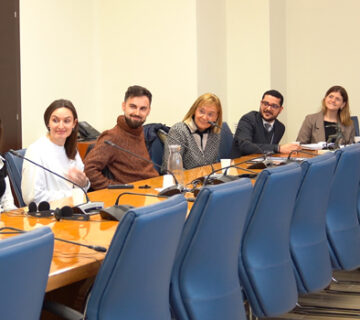

No comment